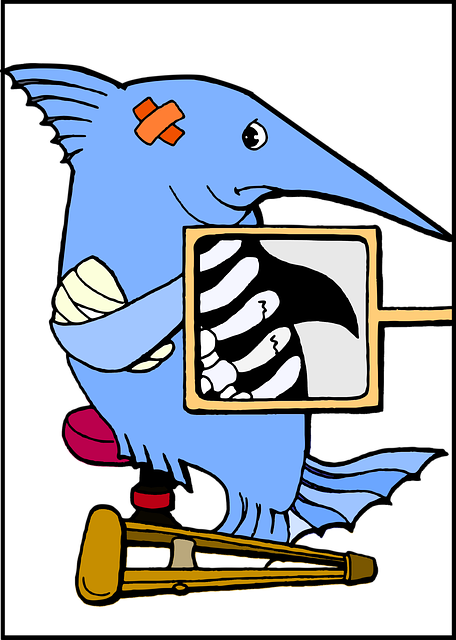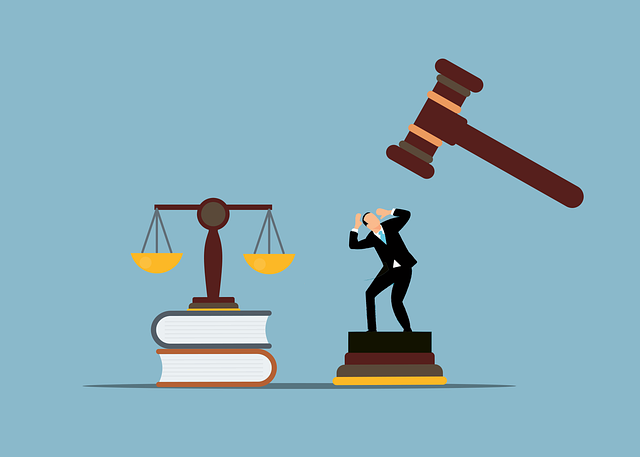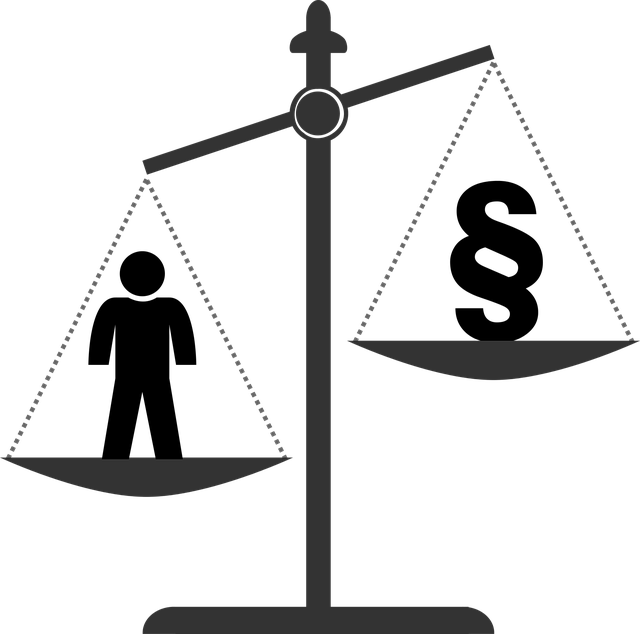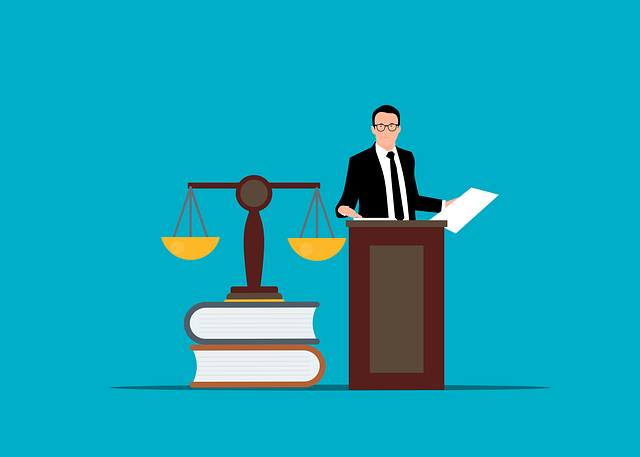Wrongful death lawsuits seek compensation for survivors of deceased individuals killed through negligence or intentional acts, governed by jurisdiction-specific laws. Courts weigh economic and non-economic damages, including medical bills, lost wages, pain & suffering, emotional trauma, and loss of companionship to deliver justice. Expert testimony from doctors and economists is crucial in determining fair compensation for wrongful death survivors.
When a loved one’s life is prematurely extinguished due to another party’s negligence, wrongful death survivor cases seek justice and compensation for those left behind. Courts meticulously evaluate these cases, considering unique circumstances and impacts on surviving family members. This article delves into the process, from understanding wrongful death lawsuits to key factors and the pivotal role of expert testimony. By exploring these aspects, we gain insights into how courts determine fair judgments for wrongful death survivors.
- Understanding Wrongful Death Lawsuits
- Key Factors in Survivor Case Evaluation
- The Role of Expert Testimony & Evidence
Understanding Wrongful Death Lawsuits

Wrongful death lawsuits are legal proceedings initiated by survivors—spouses, children, or parents—of a deceased individual who was wrongfully killed due to another party’s negligence or intentional act. In such cases, the primary goal is to secure compensation for the physical and emotional pain, suffering, and financial losses endured by the surviving family members. These lawsuits are governed by specific legal frameworks that vary by jurisdiction but share common principles aimed at ensuring justice and accountability.
Understanding the intricacies of wrongful death cases involves grasping key concepts like causation, damages, and liability. For instance, a Orlando truck accident lawyer or car accident lawyer Orlando would argue that their client’s negligent driving caused the fatal crash, leading to significant losses for the wrongful death survivors. The court’s role is to assess these claims by examining evidence, expert testimony, and legal precedents related to similar commercial disputes. This process ensures that the surviving family members receive fair compensation while deterring similar incidents in the future.
Key Factors in Survivor Case Evaluation
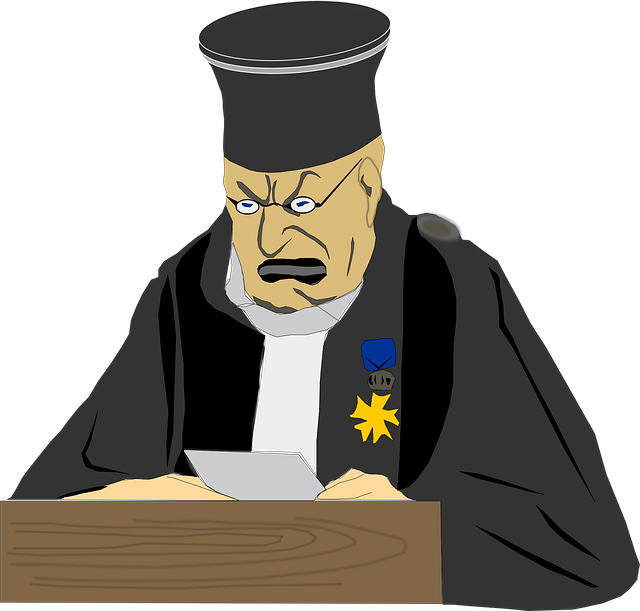
When evaluating wrongful death survivor cases, courts consider several key factors to ensure justice and fair compensation for the affected individuals. One of the primary considerations is the economic loss suffered by the survivors, including medical expenses, lost wages, and future earning potential. This involves a detailed examination of the victim’s financial contributions to the household and their anticipated future earnings had they survived.
Additionally, courts assess non-economic damages such as pain and suffering, emotional distress, and loss of companionship. These factors are crucial in determining the impact on the surviving family members’ quality of life and their ability to cope with the tragic loss. The role of a competent personal injury lawyer is essential in presenting these complex elements effectively, advocating for the rights of wrongful death survivors, and securing appropriate accident compensation.
The Role of Expert Testimony & Evidence
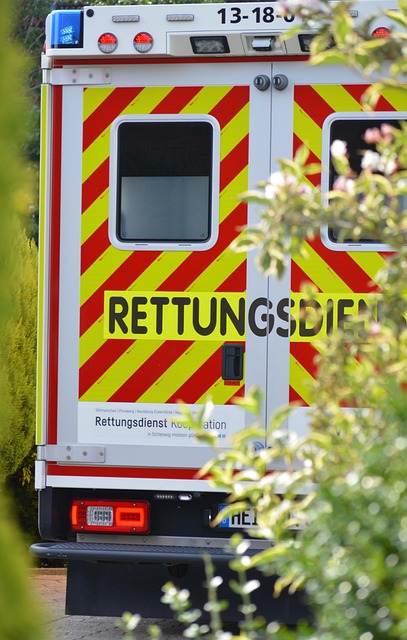
In wrongful death survivor cases, expert testimony plays a pivotal role in helping courts understand complex medical and financial issues. When a loved one’s death is attributed to someone else’s negligence or misconduct—whether it’s due to a car accident compensation claim, a personal injury case stemming from defective product injuries, or another incident—expert witnesses provide crucial insights. These professionals, often including doctors, economists, and other specialists, offer evidence-based opinions that assist judges in calculating fair damages for the surviving family members.
The presentation of expert testimony is especially vital when determining economic losses, such as future earnings potential, medical expenses, and loss of companionship. This evidence helps courts award appropriate car accident compensation or damages in personal injury cases involving defective products, ensuring that wrongful death survivors receive support commensurate with their suffering and financial needs.
When courts assess wrongful death survivor cases, they meticulously weigh various factors to deliver just compensation. Understanding the intricate interplay of legal principles and evidentiary standards is crucial for both plaintiffs and defendants. By examining key elements, including expert testimony and robust evidence, the legal system ensures that wronged families receive fair redress, reflecting the profound impact of such losses on their lives. This process underscores the commitment to upholding justice for wrongful death survivors.

